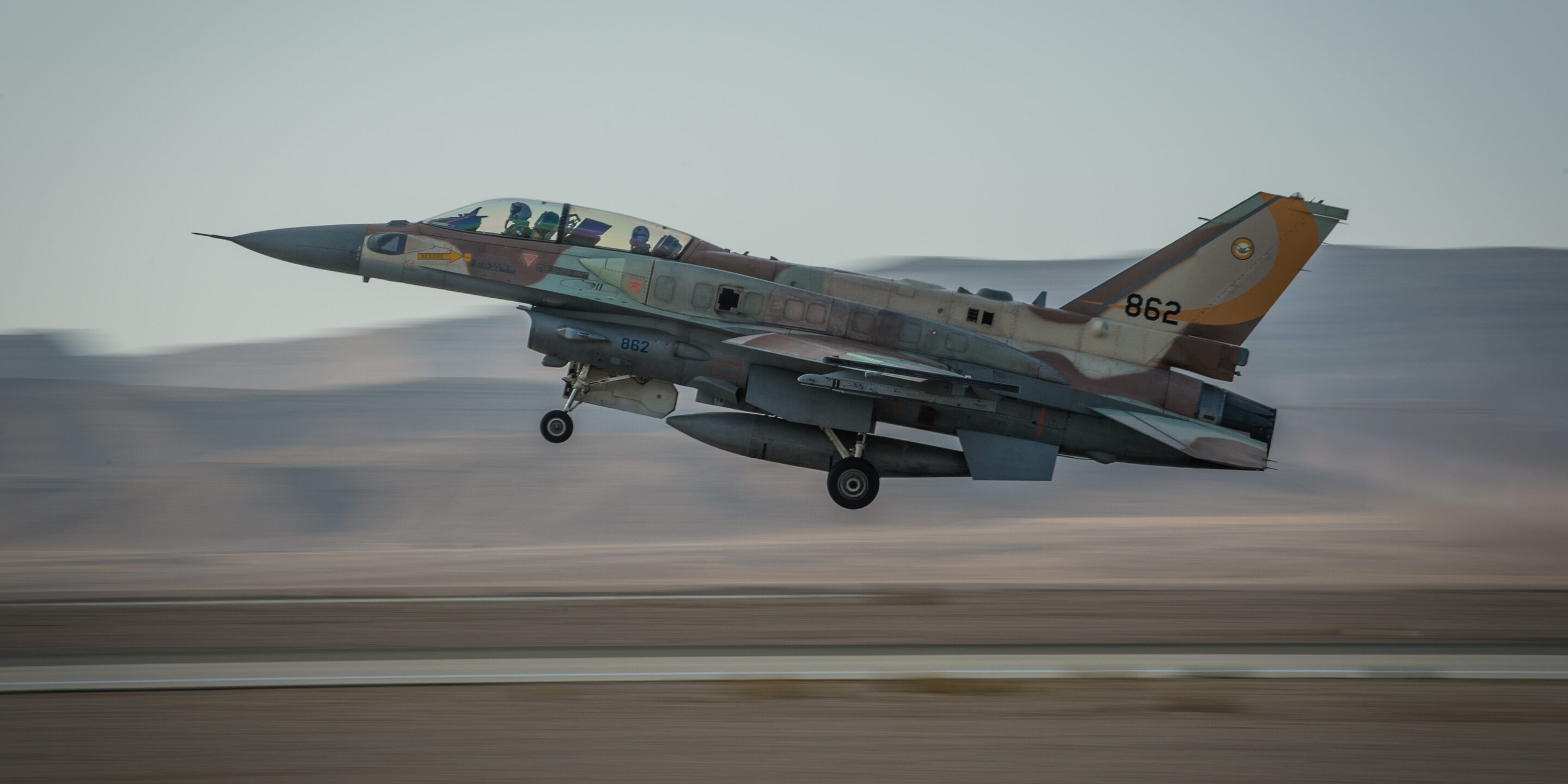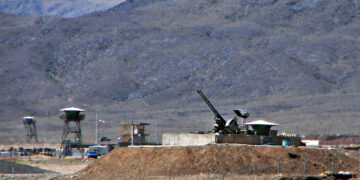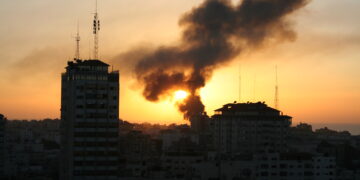
The Israel Defence Forces (IDF) is seen by friend and foe alike as one of the world’s most powerful military machines. Yet Israel’s leaders habitually present their country as besieged by hostile nations bent on its destruction. This narrative persists even though some of the most important states in the Middle East—Egypt, Saudi Arabia, and Jordan—scarcely fit this description any more, and, moreover, are aligned with the U.S., Israel’s principal protector. It is this conception of Israel’s predicament that has led its leaders to favour a particular formula for deterring adversaries: when hit, hit back rapidly and much harder.
So, when some 100 Israeli warplanes and drones hit sites in Iran—as well as Iraq and Syria—on 26 October, no one could rightly have been surprised. It was always a question of when Israel would strike—not if. Yet Israel’s response didn’t conform to its typical hit-back-quickly-and-harder logic. For a start, Israel uncharacteristically delayed for nearly a month: Iran had fired a barrage of missiles at Israel on 1 October following the killing of Hezbollah’s leader Hassan Nasrallah. Perhaps Israel’s war cabinet was divided about which Iranian targets to strike. Perhaps the U.S. needed more time than it anticipated to persuade Israeli not to hit Iran’s nuclear and energy infrastructure. No matter: the delay was surprising.
So was the scope of Israel’s retaliation when it did come. It did not strike Iran’s infrastructure sites and confined itself to missile production factories, air-defence systems, radars and military bases—some 20 sites in all, according to the IDF—encompassing Tehran, Ilam and Khuzestan. It was a far cry from some of the apocalyptic scenarios feared by pundits. Any attack on Iran’s uranium enrichment centres and parts of its energy complex would have increased the probability of a further exchange, and an ever-growing cycle of escalation.
More on Middle East

Featuring Rosemary Kelanic
October 16, 2025
Featuring Daniel Davis
October 15, 2025
Events on Israel-Hamas







